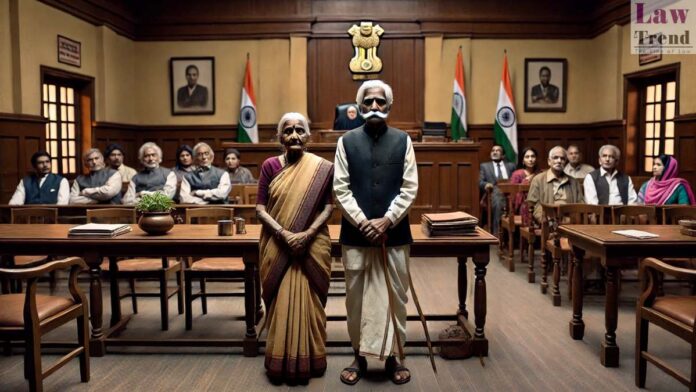The Supreme Court of India, in a significant ruling, has held that the relevant date for determining whether an individual is a senior citizen under the Maintenance and Welfare of Senior Citizens Act, 2007, is the date on which the application is filed before the Maintenance Tribunal, not a later date. A bench comprising Justice
To Read More Please Subscribe to VIP Membership for Unlimited Access to All the Articles, Download Available Copies of Judgments/Order, Acess to Central/State Bare Acts, Advertisement Free Content, Access to More than 4000 Legal Drafts( Readymade Editable Formats of Suits, Petitions, Writs, Legal Notices, Divorce Petitions, 138 Notices, Bail Applications etc.) in Hindi and English.




